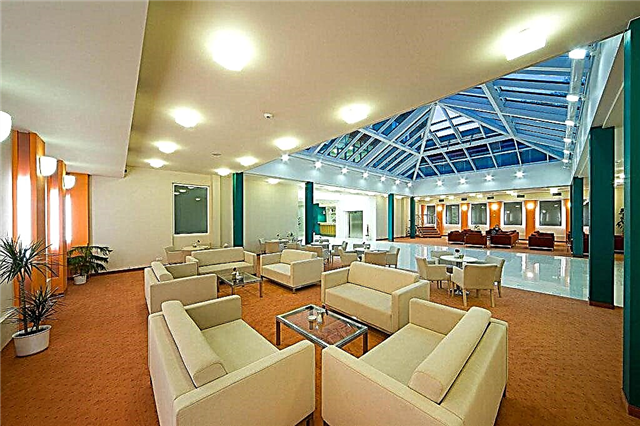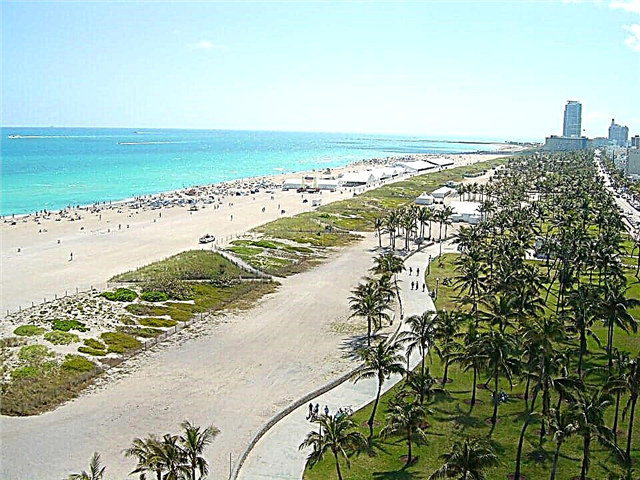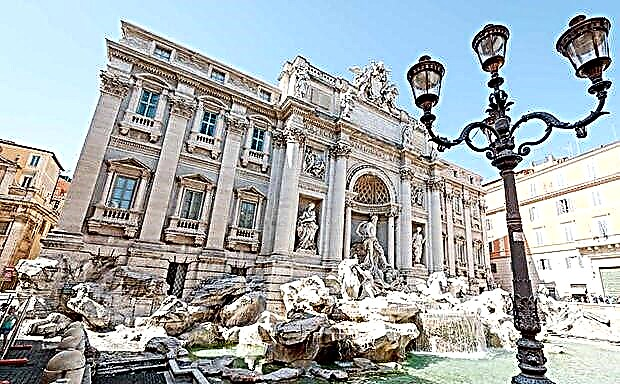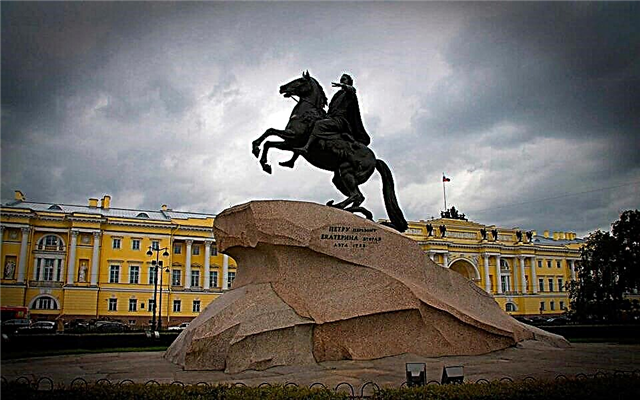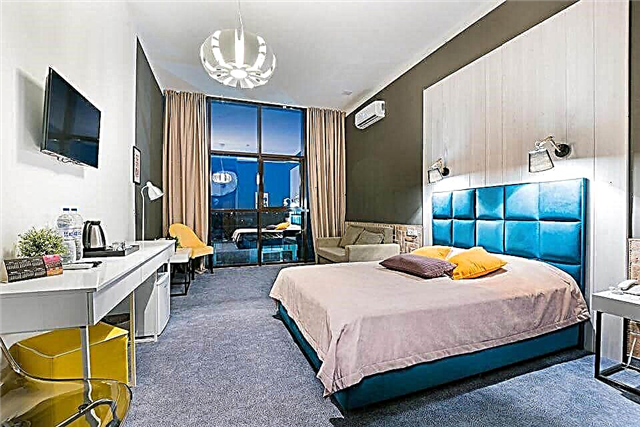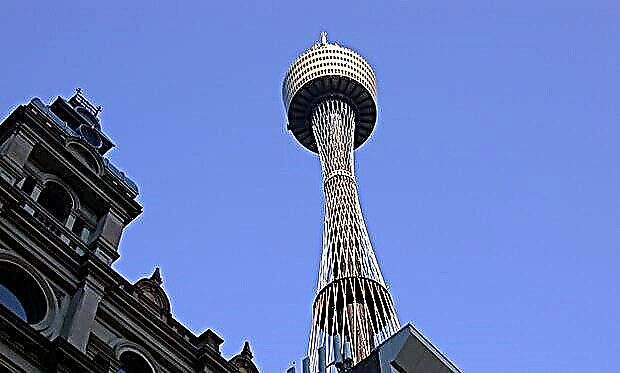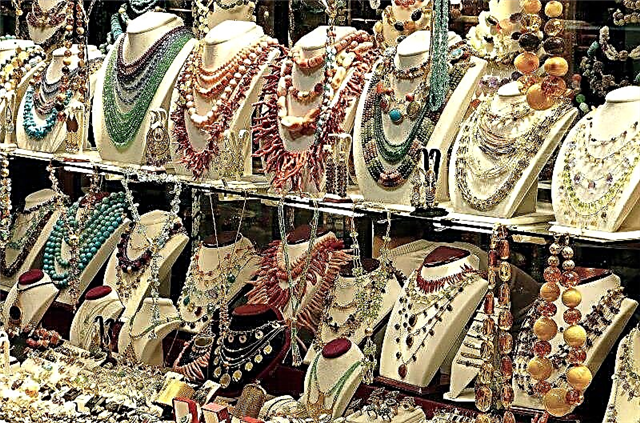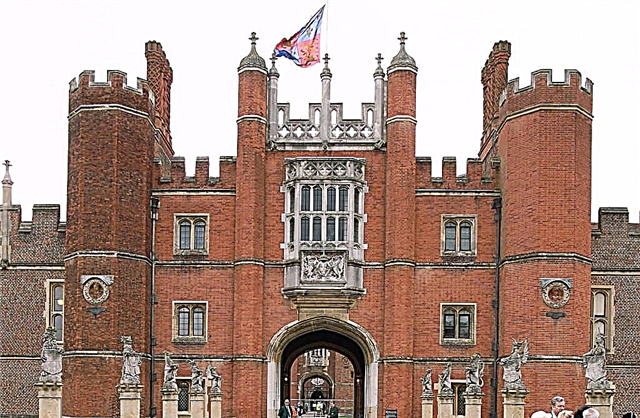Incredible Hampton Court Palace Hampton Court is one of the most famous palaces that existed during the Tudor era. At the time construction began, it was located outside the city - on a large agricultural area. At this stage, the palace is an integral part of London.
Where is

Hampton Court Palace is considered the former English royal palace of East Molesey in Surrey. The location of the palace is located almost 20 km in the southwest near Charing Cross and where the river Thames continues. Courtyard Home Park can be safely considered the place where the Hampton Court Peles festivals are held every year, as well as a variety of exhibitions, including the Hampton Court Flower Show. Hampton Court is, like St. James, a palace that has survived to this day, and the owner was Henry the 8th. With a total attendance of over 55 million, this palace is the most popular and frequently visited attraction in the southeast of England.
History
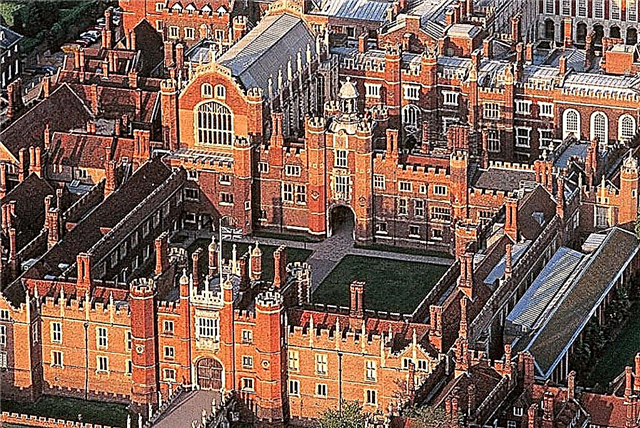
The first few buildings of this palace appeared in 1237. Then the land on which he stands was bought by some knights - Hospitallers, and began to be used as production purposes and in order to store agricultural products there. Later, it became the property of Daubeny, and even later - of Thomas Walsey, a man who was a cardinal, somewhere in the middle of the 16th century. Cardinal and Henry the 8th were friends, and the first of them served in the government branch of the second for at least ten years. The palace itself and its annexes, which were intended to accommodate more than half a thousand people, began to be built already in 1541. This country residence of enormous size and incredible beauty was supposed to serve as a showcase for a powerful state - England.
Since 1521, many foreign ambassadors and important political guests have been able to visit the palace.

As the first architectural plan, a small number of palaces were created, which were connected with each other, so at that time it was decided to build university or monastic buildings. Some of the best rooms that have been left until now and have not made any changes there are the main and seating palace. They were built with the aim of providing cozy and comfortable apartments for guests. Each of these rooms had two rooms - an external and an internal one, as well as a toilet.
In 1528, Hampton Court Palace became the most important residence in which Henry the 8th lived at that time. He expanded and decorated it as much as he could, and he was able to complete the construction of the entire palace only by 1541. Then they could make it better, it became even more modern, more complex and more beautiful among all those that only met in England at that time.
The courtyard contained many tennis courts, bowling alleys, gardens, 1,100 acres of hunting parks, huge kitchens, a large beautiful chapel, halls for parties and balls, about 30 toilets, then called the House for Convenience. The residence of the king, his wife and children is spacious decorated chambers.
Description of the palace

The palace consists of several floors. On the ground floor there is a huge Art Gallery, which contains over 1,000 paintings. In the first room of the Royal Receptions, there is a whole series of portraits of the ladies who lived at the court during the time of William Shakespeare, there are about 10 of them, and all the ladies are depicted in full growth.
The gallery's masterpieces include paintings by Raphael, painted to order for Pope Leo Holocolo in 1520. These paintings were made more like wallpaper in order to decorate the Sistine Chapel. They have images of the Gospels, a small number of apostles, and they were called paintings because they were drawn on sheets of paper by hand.
To get to the halls, which were located on the second floor, it was necessary to use the Royal Staircase. There are many rooms for receptions, halls for holding balls, rooms of public and private significance, guest rooms, dining rooms, business offices, many bedrooms, sofa rooms, and everywhere there is a very large number of painted paintings, portraits and other paintings created by the best artists. ...

Speaking for the Lower Courtyard, it has retained the fullness of its original appearance most of all. It is located in the western facade of the palace. Not far from it stands the Clock House, and it was named so because the rather large tower contains a clock made around 1540. They can show not only the exact time, but also the month, how many days from the beginning of the year, the phase of the moon, as well as the time when the water rises near London Bridge.
The White Hall is another ceremonial building that was incredibly loved by Henry the 8th. Although the hall was not too large, it was still full of various chic sculptures, there are ceilings made of natural wood - oak, everything is very rich and decorated with various paintings, statues and other decor. By the way, this hall is considered the most beautiful and chic in all of England.
How to get there

There are two options for how to get to Hamton Court - the first is to use the services of an airline and travel by plane, the second is to use rail. If you are a resident of Europe, then the second option is best suited, but the first option will be a little shorter and faster.
When you arrive in London, it is best to take another train. Not a bad option by bus, but in this case the road will be long and confusing. If you are traveling by train, then in central London you can hop at Waterloo station and get to Hampton Court easily, as trains run every 30 minutes in this direction. Travel time will take no more than 40 minutes. Stopping at the station, you will need to cross a small bridge, and you can immediately see the main entrance of the famous palace.
When open to tourists

The opening hours of the palace and its luxurious gardens are available to visitors every day from 10 am. It closes around 5pm in winter and until 6pm in summer. There are no days off as such, except for the Christmas holidays - from December 24 to 26.

